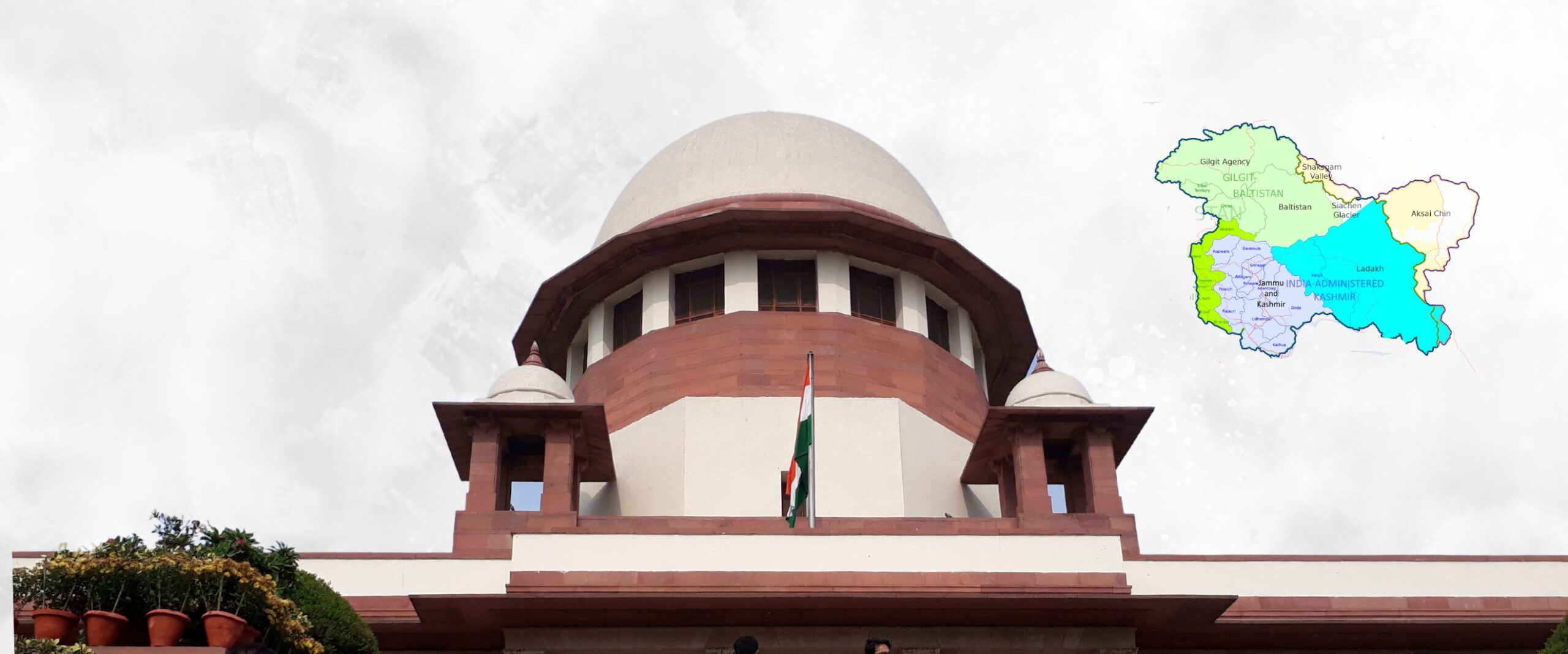
Previous Questions
1. Which of the following is an autonomous office established under the Constitution of India?
A) Election Commission of India
B) Central Bureau of Investigation (CBI)
C) National Investigation Agency (NIA)
D) Border Security Force (BSF)
Answer: A) Election Commission of India
2. Which Article of the Indian Constitution deals with the Election Commission of India?
A) Article 320
B) Article 324
C) Article 330
D) Article 356
Answer: B) Article 324
3. Who appoints the Comptroller and Auditor General (CAG) of India?
A) The Prime Minister
B) The Parliament
C) The President of India
D) The Chief Justice of India
Answer: C) The President of India
4. Which Article of the Indian Constitution provides for the office of the Comptroller and Auditor General (CAG) of India?
A) Article 76
B) Article 148
C) Article 280
D) Article 324
Answer: B) Article 148
5. The Union Public Service Commission (UPSC) is an autonomous body under which part of the Constitution?
A) Part XII
B) Part XIV
C) Part XV
D) Part XVI
Answer: B) Part XIV
6. Which of the following Articles deals with the Union Public Service Commission (UPSC)?
A) Article 312
B) Article 315
C) Article 320
D) Article 323
Answer: B) Article 315
7. The Finance Commission of India is established under which Article of the Constitution?
A) Article 266
B) Article 275
C) Article 280
D) Article 300
Answer: C) Article 280
8. Which of the following is NOT an autonomous office established under the Constitution of India?
A) Election Commission of India
B) National Green Tribunal
C) Union Public Service Commission
D) Comptroller and Auditor General of India
Answer: B) National Green Tribunal
9. Who appoints the members of the Union Public Service Commission (UPSC)?
A) The Prime Minister
B) The Parliament
C) The President of India
D) The Chief Justice of India
Answer: C) The President of India
10. The office of the Chief Election Commissioner of India is part of which institution?
A) Union Public Service Commission (UPSC)
B) Election Commission of India
C) Finance Commission of India
D) Comptroller and Auditor General of India
Answer: B) Election Commission of India
11. Which of the following is an autonomous office responsible for auditing all receipts and expenditure of the Government of India and the state governments, including those of bodies and authorities substantially financed by the government?
A) Central Vigilance Commission
B) Comptroller and Auditor General of India (CAG)
C) Finance Commission
D) Reserve Bank of India (RBI)
Answer: B) Comptroller and Auditor General of India (CAG)
12. Which Article of the Indian Constitution establishes the Election Commission of India as an autonomous body?
A) Article 280
B) Article 324
C) Article 148
D) Article 315
Answer: B) Article 324
113. The Union Public Service Commission (UPSC) is an autonomous agency under which Part of the Indian Constitution?
A) Part IX
B) Part XIV
C) Part XV
D) Part XVI
Answer: B) Part XIV
14. Which of the following is NOT an autonomous office under the Constitution of India?
A) Election Commission of India
B) National Human Rights Commission (NHRC)
C) Comptroller and Auditor General of India (CAG)
D) Finance Commission of India
Answer: B) National Human Rights Commission (NHRC)
15. The Finance Commission of India, an autonomous body, is constituted under which Article of the Indian Constitution?
A) Article 275
B) Article 280
C) Article 148
D) Article 324
Answer: B) Article 280
